Obama "confident" on two-state solution
U.S. President Barack Obama says he is confident that Israel will recognize that a two-state solution is in the best interests of its security.
Friday, 29.05.2009.
10:35

U.S. President Barack Obama says he is confident that Israel will recognize that a two-state solution is in the best interests of its security. Speaking after White House talks with Palestinian leader Mahmoud Abbas, Obama again urged Israel to freeze settlement expansion. Obama "confident" on two-state solution Israel has insisted it will allow existing settlements to expand, despite pressure from Washington. President Obama also said Palestinians must rein in anti-Israeli violence. For his part, Mr Abbas said he was committed to all obligations under the Mid-East peace plan "roadmap". However, without a halt to Jewish settlements in the occupied West Bank, the Palestinians have said there can be no progress towards peace. "Israel's interests" Obama said he was a "strong believer in a two-state solution" and believed Israel would recognize that it was in the best interests of its long-term security. He said it was important for all countries, but particularly Arab states, to be supportive of the two-state solution. "I am confident that we can move this forward if all parties are ready to meet their obligations," he said. Abbas said the need for progress in the stalled process was urgent. He added that "time is of the essence" - a phrase also used by Obama. He said that he had shared ideas with Obama based on the 2003 peace plan and the 2002 Saudi peace plan supported by the Arab league. Under the U.S.-backed 2003 roadmap to peace, Israel is obliged to end all settlement activity, specifically including natural growth. The plan also requires the Palestinian Authority to crack down on militants who seek to attack Israelis. President Obama said he had been "very clear" in his meeting with Israeli Prime Minister Benjamin Netanyahu last week on the need to "stop settlements". Netanyahu later said no new settlements would be built but natural growth in existing settlements should be allowed. The BBC in Washington says Obama's public reiteration of his view - a day after his Secretary of State Hillary Clinton had laid it out only to have it shot down by the Israeli government - has raised eyebrows in Washington. Ahead of his visit to the Middle East next week, Obama has put Netanyahu on notice that this White House has a firm agenda of its own, our correspondent adds. Stalled talks The White House meeting between the two leaders is part of an effort by the Obama administration to restart stalled peace talks. Obama has already met King Abdullah of Jordan and Netanyahu. He plans to meet Egyptian President Hosni Mubarak in Cairo on 4 June. Earlier on Thursday, Clinton said Washington was pushing for a two-state solution in the Middle East as it was in the "best interests" of both the Palestinians and Israelis. Speaking after a dinner with Abbas, she said: "We believe strongly in a two-state solution." However, Israeli government spokesman Mark Regev said on Thursday that Israel would continue to allow some construction in West Bank settlements despite U.S. calls for a freeze on its work. He said the fate of the settlements should be decided in peace talks with the Palestinians.
Obama "confident" on two-state solution
Israel has insisted it will allow existing settlements to expand, despite pressure from Washington.President Obama also said Palestinians must rein in anti-Israeli violence.
For his part, Mr Abbas said he was committed to all obligations under the Mid-East peace plan "roadmap".
However, without a halt to Jewish settlements in the occupied West Bank, the Palestinians have said there can be no progress towards peace.
"Israel's interests"
Obama said he was a "strong believer in a two-state solution" and believed Israel would recognize that it was in the best interests of its long-term security.He said it was important for all countries, but particularly Arab states, to be supportive of the two-state solution.
"I am confident that we can move this forward if all parties are ready to meet their obligations," he said.
Abbas said the need for progress in the stalled process was urgent.
He added that "time is of the essence" - a phrase also used by Obama.
He said that he had shared ideas with Obama based on the 2003 peace plan and the 2002 Saudi peace plan supported by the Arab league.
Under the U.S.-backed 2003 roadmap to peace, Israel is obliged to end all settlement activity, specifically including natural growth.
The plan also requires the Palestinian Authority to crack down on militants who seek to attack Israelis.
President Obama said he had been "very clear" in his meeting with Israeli Prime Minister Benjamin Netanyahu last week on the need to "stop settlements".
Netanyahu later said no new settlements would be built but natural growth in existing settlements should be allowed.
The BBC in Washington says Obama's public reiteration of his view - a day after his Secretary of State Hillary Clinton had laid it out only to have it shot down by the Israeli government - has raised eyebrows in Washington.
Ahead of his visit to the Middle East next week, Obama has put Netanyahu on notice that this White House has a firm agenda of its own, our correspondent adds.
Stalled talks
The White House meeting between the two leaders is part of an effort by the Obama administration to restart stalled peace talks.
Obama has already met King Abdullah of Jordan and Netanyahu. He plans to meet Egyptian President Hosni Mubarak in Cairo on 4 June.
Earlier on Thursday, Clinton said Washington was pushing for a two-state solution in the Middle East as it was in the "best interests" of both the Palestinians and Israelis.
Speaking after a dinner with Abbas, she said: "We believe strongly in a two-state solution."
However, Israeli government spokesman Mark Regev said on Thursday that Israel would continue to allow some construction in West Bank settlements despite U.S. calls for a freeze on its work.
He said the fate of the settlements should be decided in peace talks with the Palestinians.















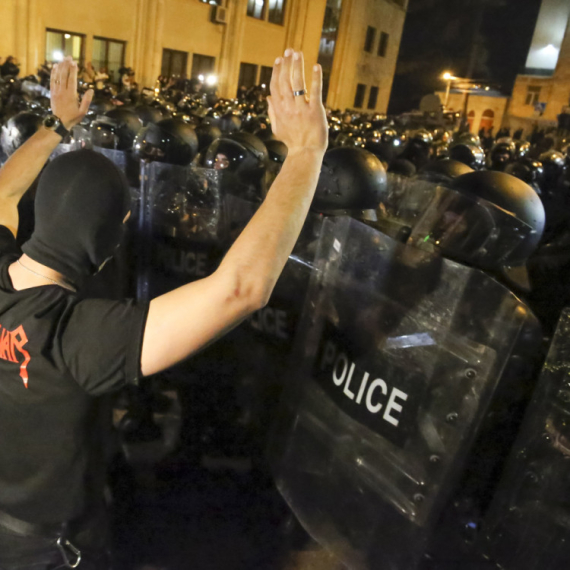










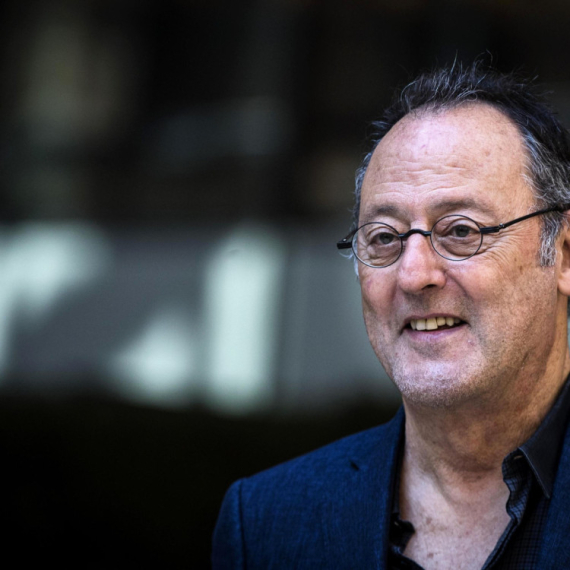























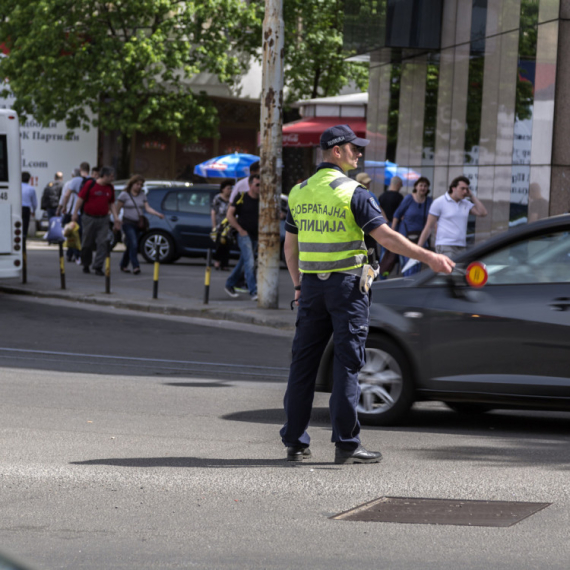


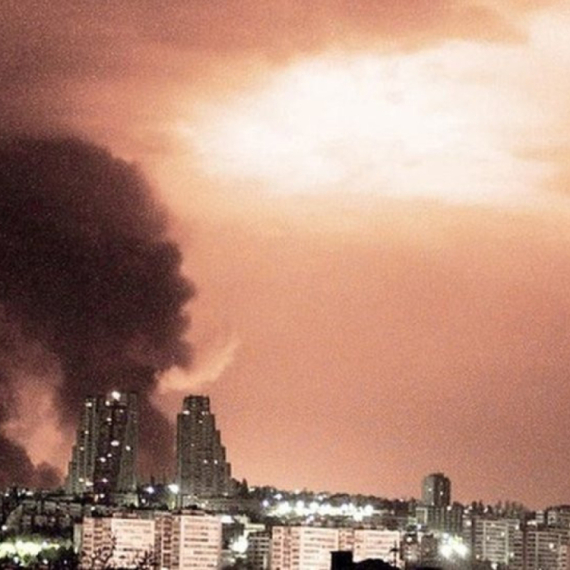
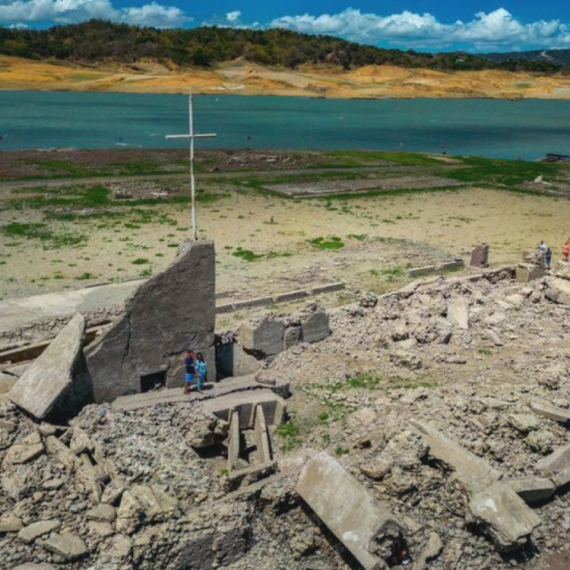


Komentari 0